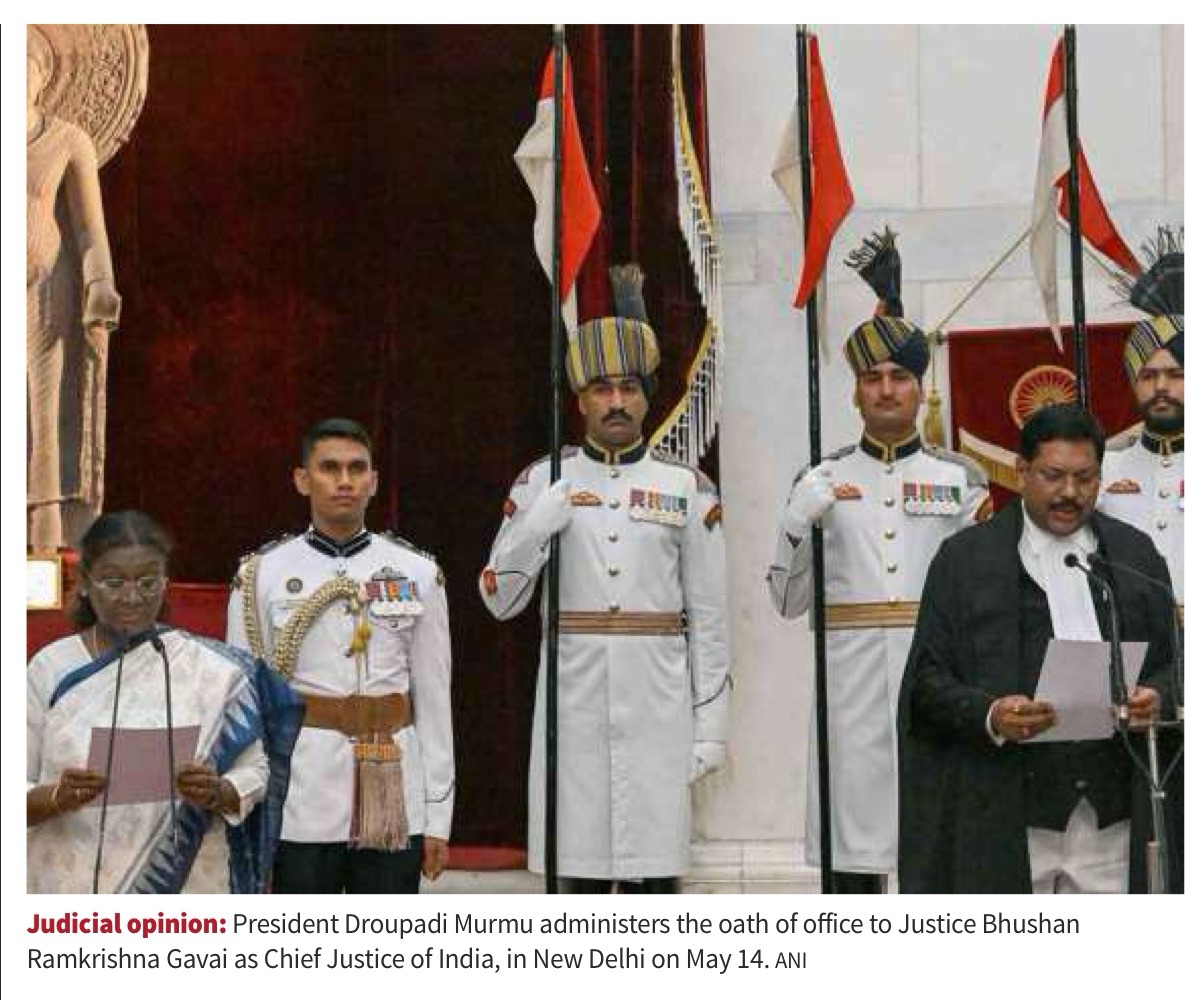The Ministry of Social Justice and Empowerment has now issued provisional award letters to all 106 selected candidates under the National Overseas Scholarship (NOS) Scheme for 2025–26. Earlier, 66 candidates from marginalised communities (Scheduled Castes, Denotified Tribes, Nomadic & Semi-nomadic Tribes) were reportedly not issued these letters, leading to criticism. These selected students are set to pursue postgraduate studies in top international universities.
Value Addition for UPSC:
About NOS Scheme:
Launched by: Ministry of Social Justice and Empowerment
Objective: To provide financial support to students from SCs, Denotified, Nomadic, and Semi-Nomadic Tribes, Landless Agricultural Labourers and Traditional Artisans to pursue higher studies abroad (Master’s and PhD).
Scholarship coverage: Tuition fees, visa fees, travel costs, maintenance allowance.
Annual slots: 125 students per year.
Income limit: Annual family income should not exceed ₹8 lakh.
Institutions eligible: Top 500 ranked foreign universities (as per QS/Times/Shanghai rankings).
Recent update (2025–26): 106 students selected, including 66 from marginalised groups.
Concerns and Relevance:
Delay in awarding letters to marginalized candidates raised questions on procedural transparency and inclusivity.
The issue highlights the importance of timely implementation of affirmative action policies.
Potential violation of Article 15 (4) and Article 46 of the Constitution if social justice goals are not met in practice.
The scheme is vital to enhance representation and social mobility in global academia for historically disadvantaged communities.
Can also be seen as a tool of soft diplomacy by enhancing India’s global academic presence.
UPSC Mains GS Paper 2 – Practice Questions:
Q1. “The National Overseas Scholarship Scheme plays a critical role in promoting social justice and global academic representation.” In the light of recent issues regarding delay in award letters to selected candidates, critically evaluate the effectiveness and challenges of the scheme.
Q2. The government’s affirmative action policies in education are often undermined by administrative delays and procedural ambiguities. Discuss with reference to the National Overseas Scholarship Scheme and suggest institutional reforms for better implementation.
Q3. “Education abroad for marginalized sections is not just about academic opportunity, but about dignity, mobility, and representation.” Comment.











